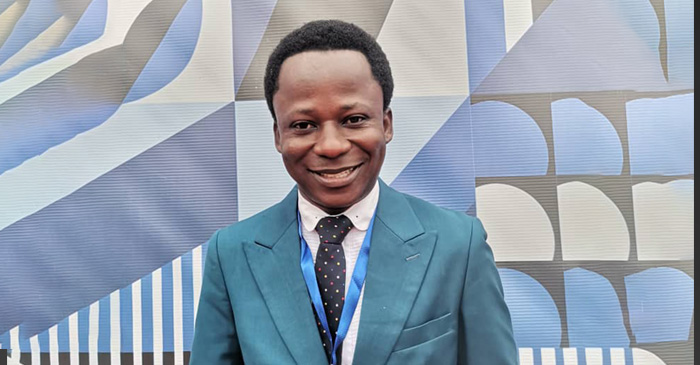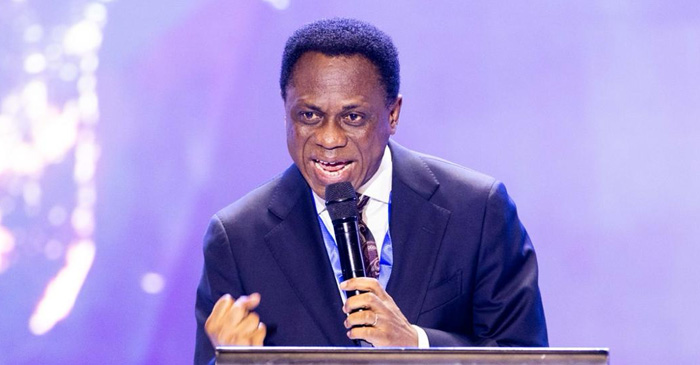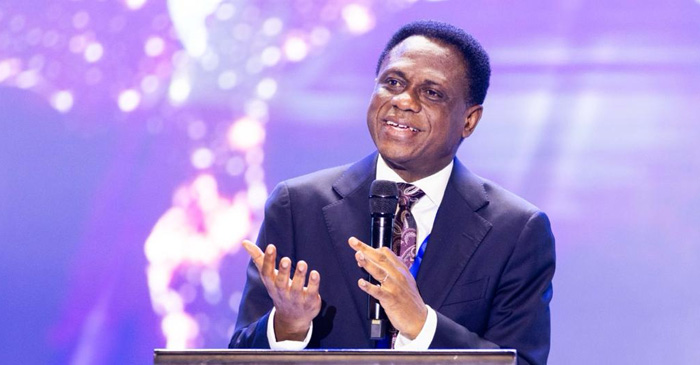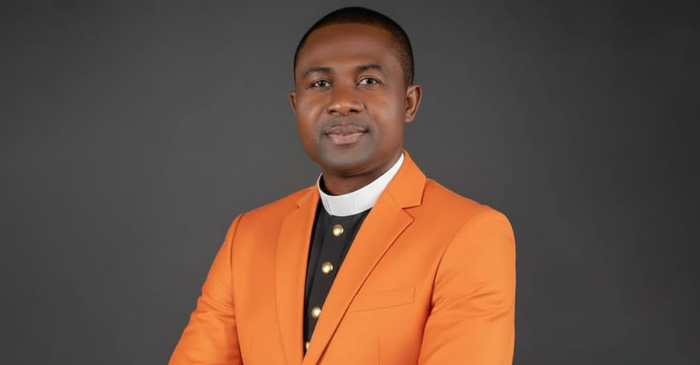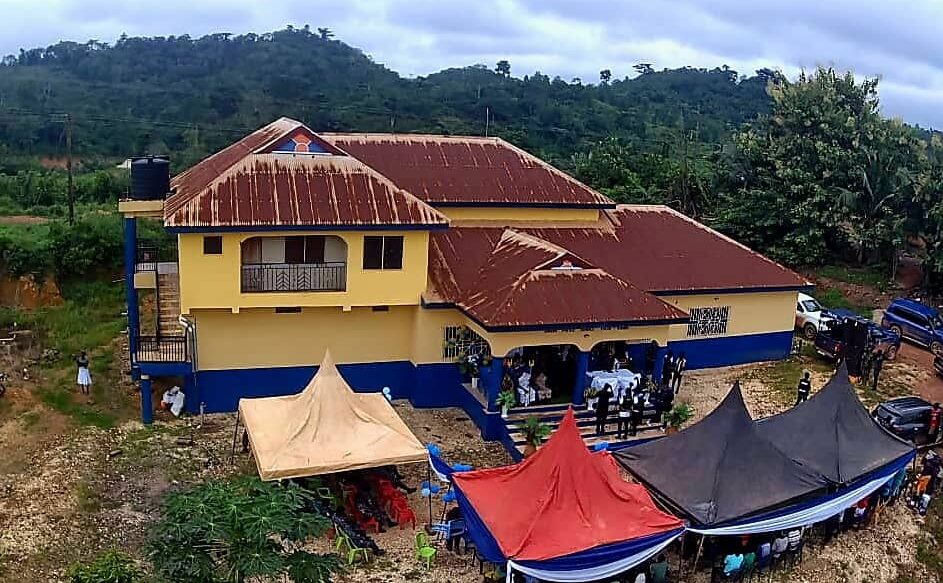
The Aowin Municipality has marked a significant milestone in local security with the commissioning of a newly constructed police station, officially handed over by traditional authorities to the Ghana Police Service. The project, led by Nana Tano Kabaa II, Chief of Enchi-Kwahu, demonstrates a strong commitment to peace, safety, and community development.
During a symbolic ceremony attended by dignitaries and senior police officers, Nana Tano Kabaa II presented the keys of the facility to the Western North Regional Police Command, represented by DCOP Dr. Francis Kwame Tsidi. “This police station is more than just a building,” Nana Tano Kabaa II emphasised. “It is a symbol of our collective resolve to foster a safe environment where our citizens can thrive and where peace prevails.”
Constructed under the auspices of the Enchi-Kwahu Traditional Council, the modern station is designed for rapid response, community engagement, and operational efficiency. Strategically located within the municipality, it aims to improve response times and strengthen police presence throughout Aowin.
Senior police officials commended the local community for its initiative, noting that the new station would enhance crime prevention and foster closer collaboration between law enforcement and residents. “This facility will significantly improve our ability to serve and protect,” said a senior officer. “We are grateful for this powerful gesture of civic responsibility and partnership.”
The Western North Regional Minister, also present at the event, donated air conditioners and other equipment to boost the station’s functionality. The minister praised the traditional authorities, describing the project as “a model of citizen-led security improvement.”
Hundreds of residents attended the event, expressing optimism that the new facility would strengthen police-community relations, reduce crime, and serve as a foundation for future development. As Ghana increasingly emphasises grassroots participation in development, the Aowin Police Station stands as a testament to how traditional leadership can directly shape public infrastructure, reinforcing security, accountability, and community pride. REPORT BY JULIANA ABRAHAMS



